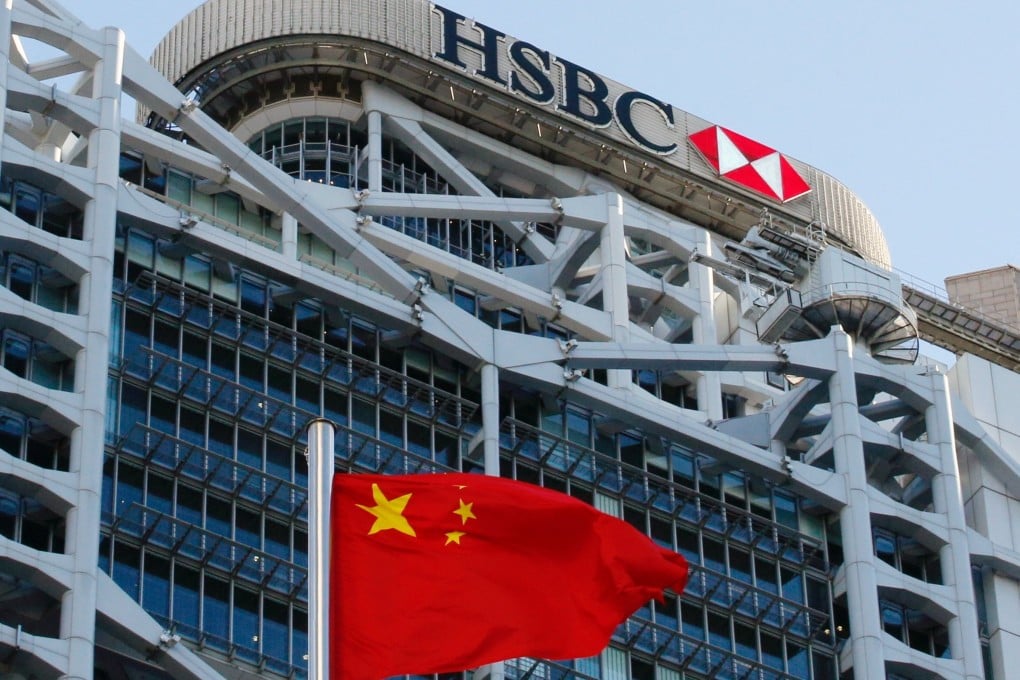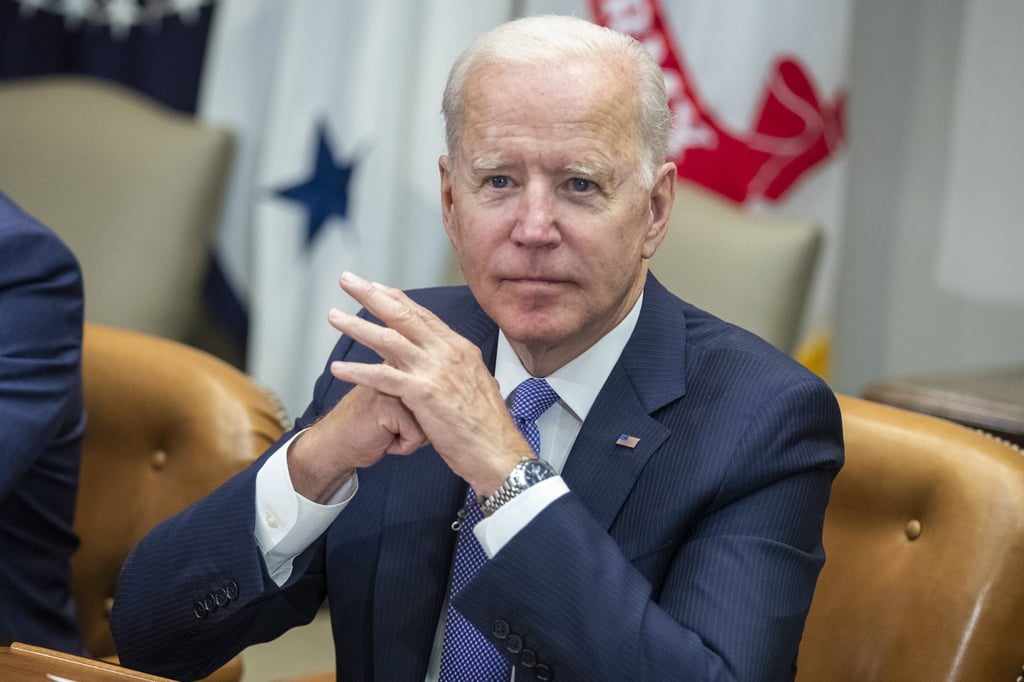Abacus | Between Biden and Hong Kong, are HSBC’s days as a global bank Gone for Good?
- When the US president strategically delivered a warning to businesses operating in the city, it was not just for American consumption
- With most of its revenues from Hong Kong and China, headquartered in London and regulated by the US, remaining British may be impossible for HSBC

Last weekend was somewhat painful for Hong Kong, with many eyes in Europe and the United States focused on the city and how it has changed over the past two years.
Kicking off with the Cannes Film Festival, the surprise announcement of a special screening of Hong Kong filmmaker Kiwi Chow’s hard-hitting documentary Revolution Of Our Times is sure to raise Beijing’s ire. The carefully edited drone and webcam footage of the protests was reportedly a brutal and lengthy reminder of the street warfare we witnessed two years ago. For me, the short trailer was painful enough. It was a strategic move by the makers to release it at the French cinefest for maximum exposure. After all, the French continue to celebrate their revolution even after 230 years.

Biden warned that operating in Hong Kong now poses financial, legal and reputational risks following the legislative changes by the Chinese government to bring pro-democracy demonstrators to heel. And that, with one American citizen already arrested along with many Hongkongers, no one is above the law where authority is concerned.
